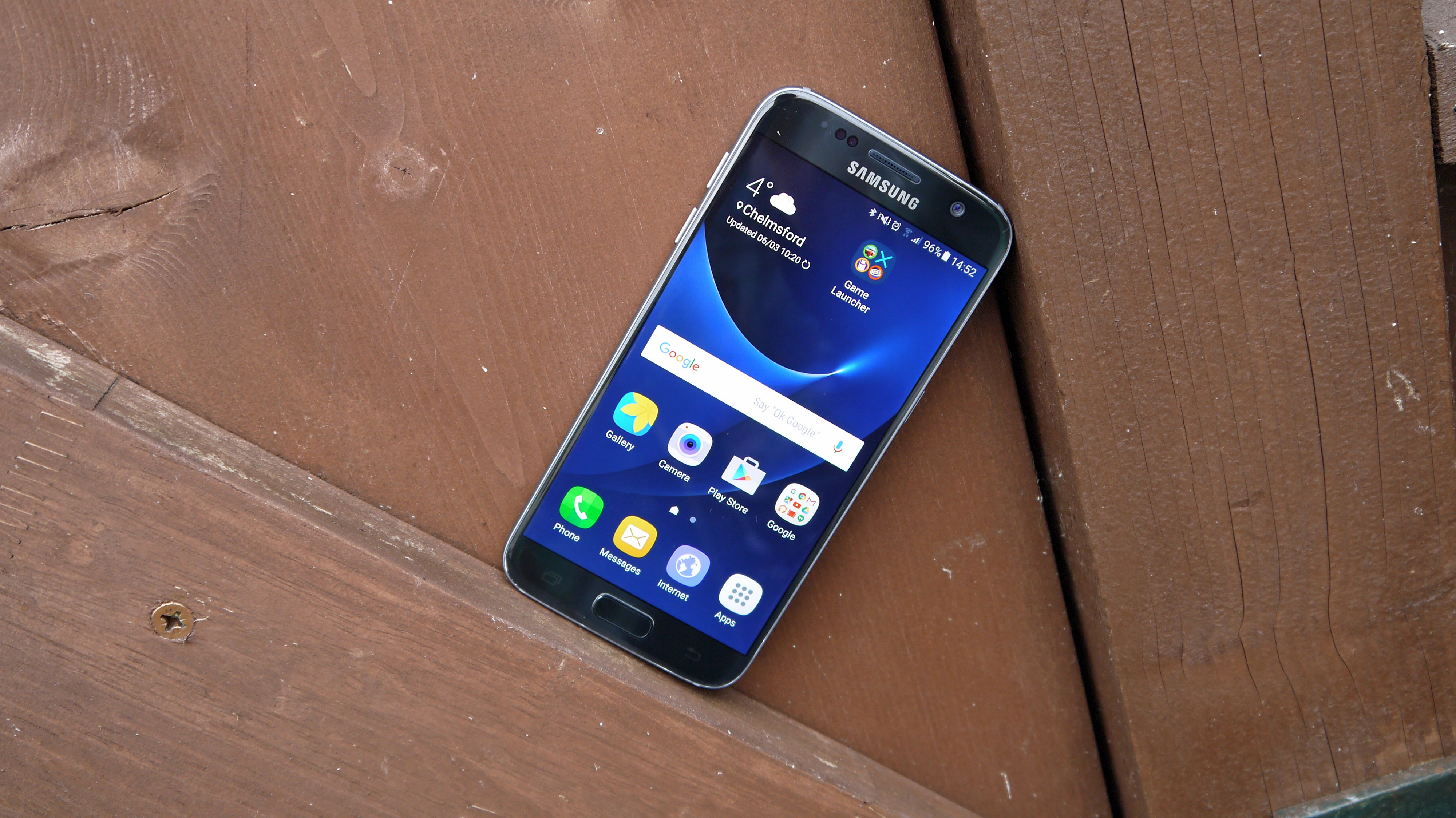Why you can trust TechRadar
The best way to describe the Samsung Galaxy S7? Iterative perfection.
It takes the best bits from the Galaxy S5 and Galaxy S6, and blends them together into a quite brilliant smartphone.
Samsung hasn't reinvented the wheel, but it has listened to feedback. It's righted the wrongs of the S6, reinstated key features and created a stand-out device.
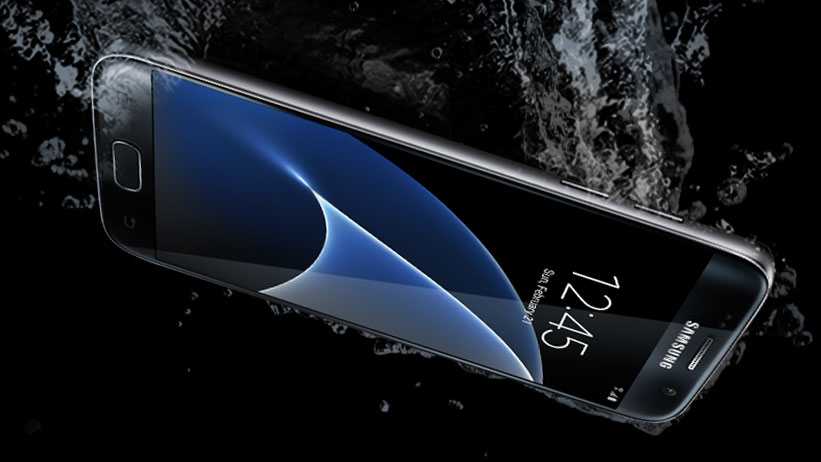
We liked
The design may not look all that different, but I love how the Galaxy S7 sits in the palm. It's comfortable to hold, and the curved edges and reduced width means it's easier to use one-handed.
Samsung has refined the design from the S6 in all the right ways, including making the Galaxy S7 waterproof. This is a phone you won't want to put down.
Then there's the display, which still sports an eye-popping resolution and Super AMOLED technology, but is somehow brighter and more enchanting.
Samsung has freshened up TouchWiz, crammed the S7 full of power, and pulled off yet another supremely impressive smartphone camera – the low light performance of the 12MP snapper is something to behold.
I liked the always-on display way more than I thought I would – it's simple yet highly convenient – while Game Launcher is another nice touch, and improves the mobile gaming experience on the S7.
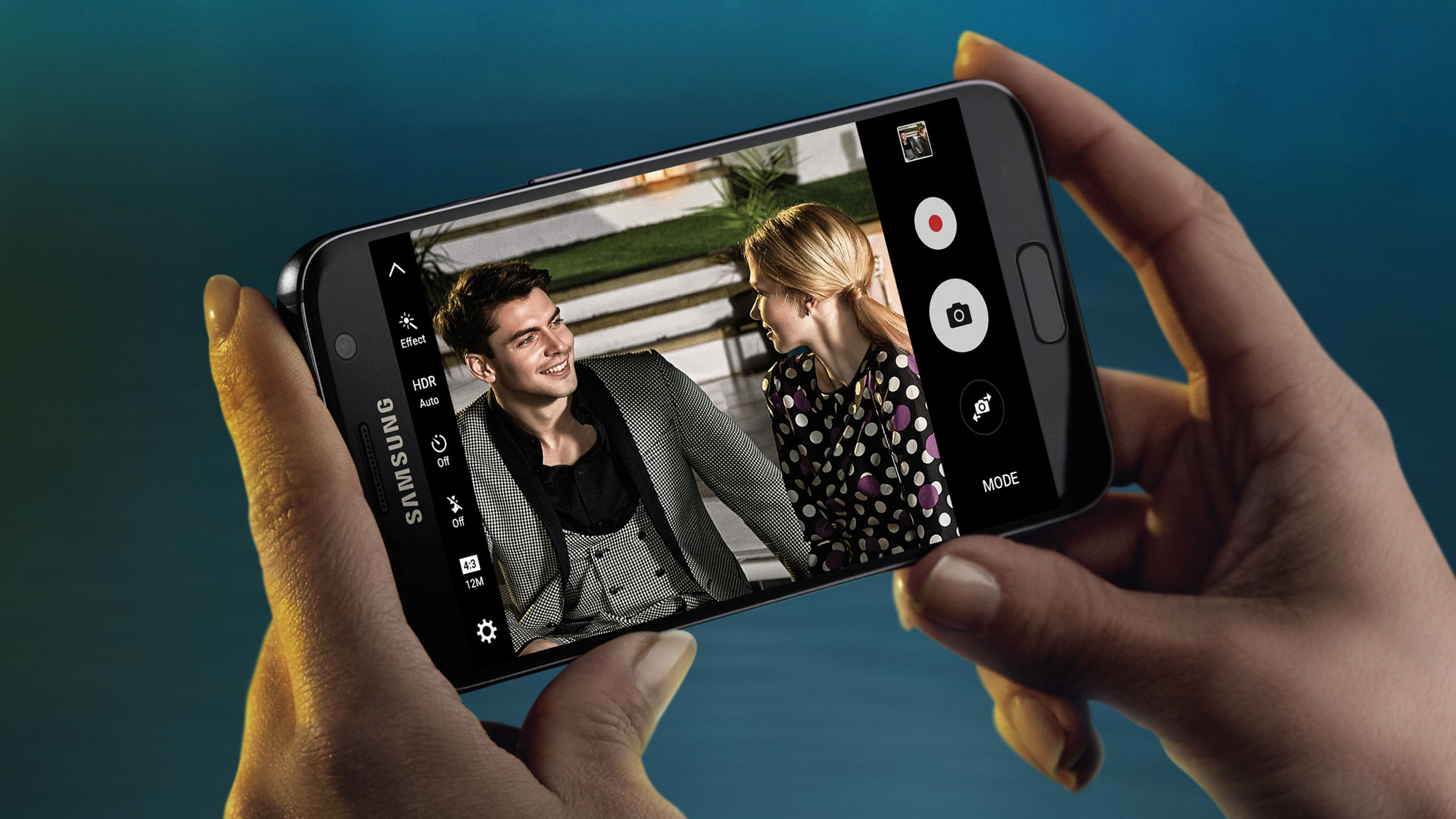
We disliked
Very little, if I'm honest. The cost was high, but that's to be expected, and it has now dropped significantly.
There are Chinese manufacturers making phones with flagship specs at half what Samsung originally charged for this, so when Samsung asks for double it raises the question of whether we're being taken for a ride. We're not. You are getting a much more accomplished package with the Galaxy S7.
Battery life has improved over the S6, but the Galaxy S7 still needs a nightly charge. Fast charging is useful, but it won't help you if you're away from a plug socket for an extended period of time – and unlike the LG G5's, the S7's battery isn't removable.
The return of microSD support is welcome, but I'd like to see more than 32GB of internal space – especially when you consider that 7.51GB of that is already in use when you take the S7 out of its box.
Oh, and the fact that the S7 is a total fingerprint magnet is just plain annoying.
Verdict
Samsung has tweaked the winning design from the S6, righted the wrongs of its previous flagships, and made a phone you don't want to put down.
The Samsung Galaxy S7 is a worthy recipient of a five-star techradar review. That's no easy feat – only a handful of phones have ever hit the top mark – but the Galaxy S7 has earned its place in our hall of fame.
Is it worth the upgrade? If you're coming out of a two-year contract and you're looking for an affordable phone that's still got solid power then absolutely - this was once a flagship and still performs well.
For those considering trading in their Galaxy S6 (or other 2015 flagship), the case isn't quite as strong. The S6 still has a great screen, dazzling camera and plenty of power, so the step up may not feel big enough.
In that case, you might want to check out the newer Samsung Galaxy S8 or Samsung Galaxy S9.
First reviewed: March 2016
Competition
Not convinced by the Samsung Galaxy S7? Here are some alternative phones that may suit you instead.
Samsung Galaxy S9
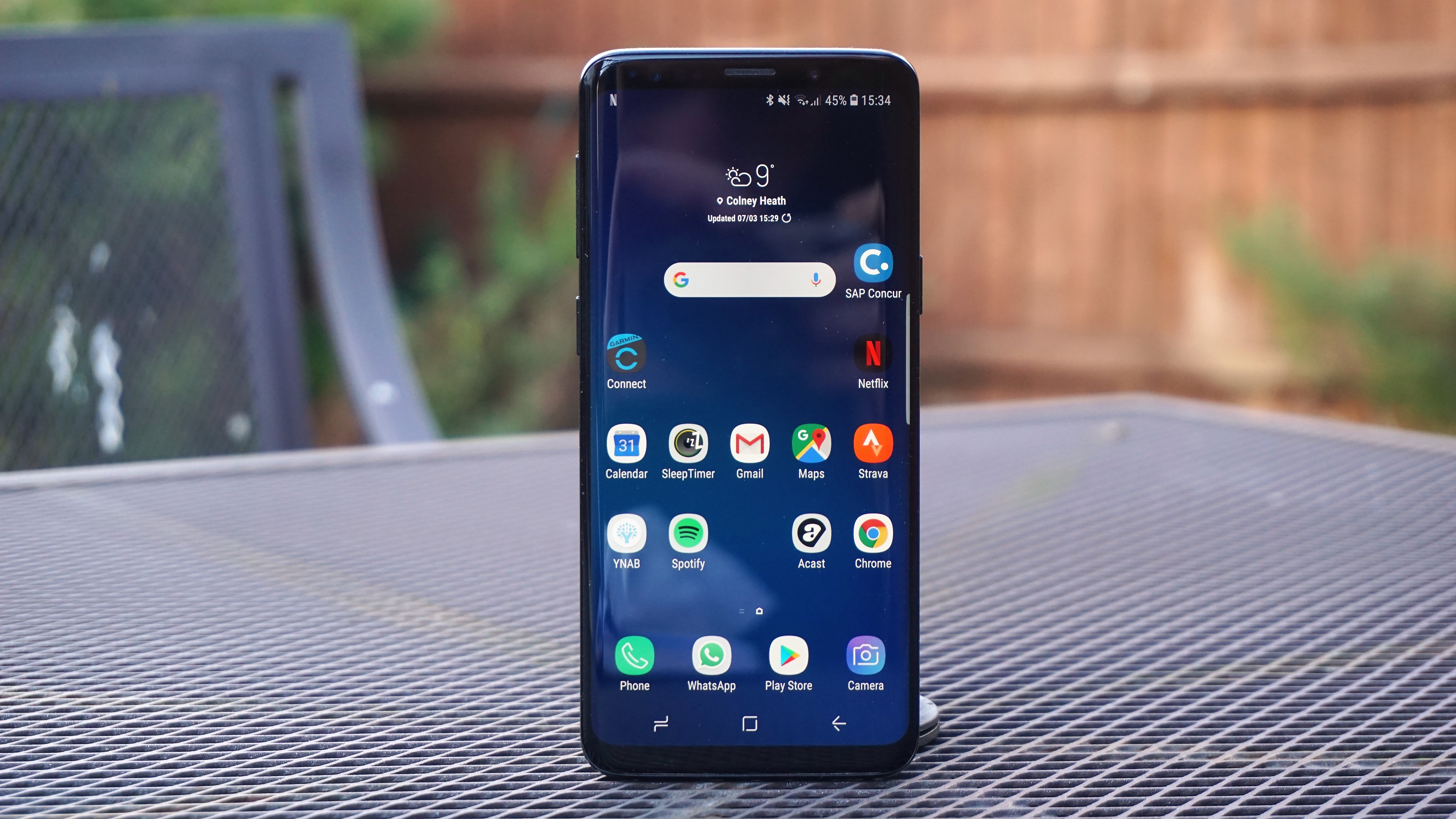
Okay, so this isn't really a rival for the now much cheaper Samsung Galaxy S7, but it is a Samsung flagship, so if you want a great handset in the S range then this - or the even pricier Samsung Galaxy S9 Plus - is a solid choice.
There's more power, a new all-screen design (with curves even on the standard model), an upgraded camera and plenty more besides. Basically this takes just about everything good about the Galaxy S7 and improves on it.
There's also the even newer Samsung Galaxy S10, Samsung Galaxy S10 Plus and Samsung Galaxy S10e, but those phones are so expensive that there's not much chance you'd be considering them if you're also looking at the Galaxy S7.
Read: Samsung Galaxy S9 review
Honor 10
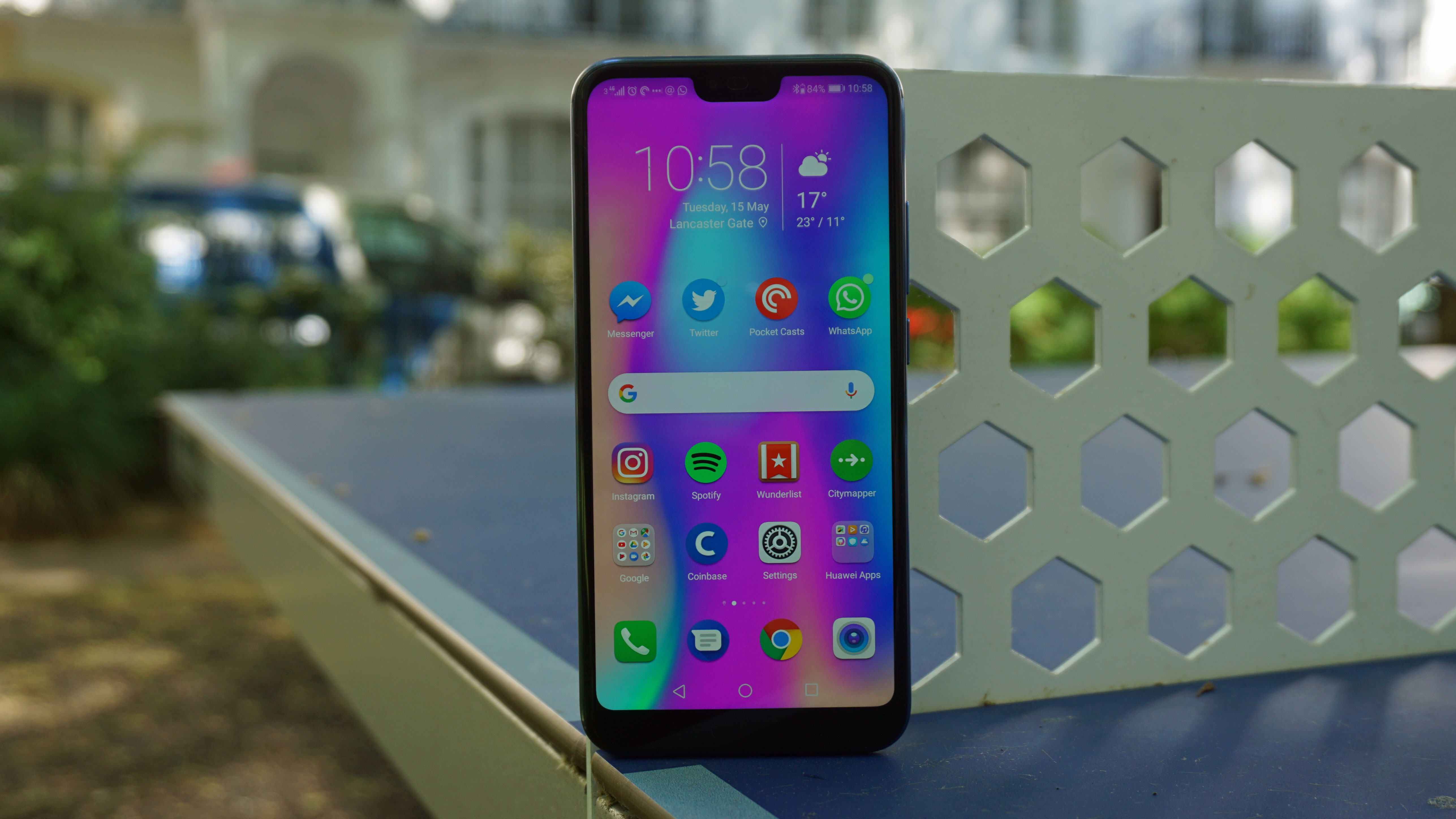
Another phone that's much newer than the Samsung Galaxy S7, the Honor 10 is only a little more expensive, yet still packs modern near-flagship specs, including an octa-core Kirin 970 chipset and 4GB of RAM.
You also get a dual-lens camera, a hefty 128GB of storage and a stunning design. However, it loses out to Samsung's older phone in a few ways - the screen isn't as sharp for one and uses LCD rather than Super AMOLED. There's also no water resistance and no microSD card slot.
Read: Honor 10 review
Samsung Galaxy S7 Edge
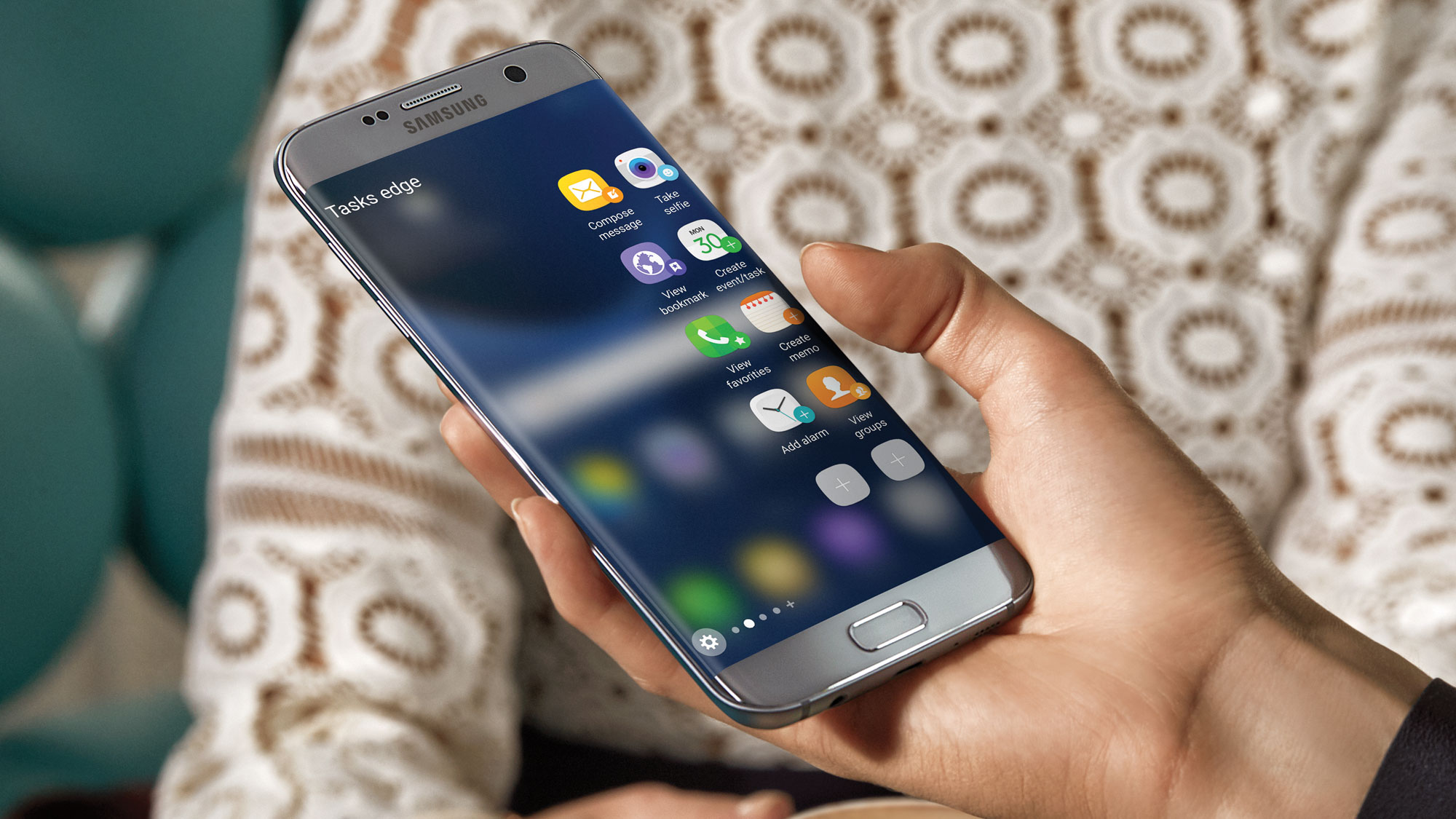
Like the look of the Galaxy S7 but fancy a bigger, curved display? Then you'll want the Samsung Galaxy S7 Edge. Apart from the size and shape of their screens, these two handsets are identical.
The S7 Edge will set you back a bit more, but you get more screen real estate to play with, slightly better battery life, a futuristic look and Samsung's Edge screen interface, which now has more going for it than the S6 Edge's slightly lackluster implementation.
It's worth bearing in mind, though, that as well as being cheaper, the Galaxy S7 is also easier to use one handed.
The decision really comes down to personal preference, and whichever handset you pick you won't be disappointed.
Read: Samsung Galaxy S7 Edge review
iPhone 7

Samsung's biggest rival is Apple, and now there's another '7' in town, thanks to Apple offering a comparable phone to play with.
The iPhone 7 provides a challenge for the S7 with it, too, being waterproof, and offering dual speakers to give a more multi-dimensional listening experience.
The 7 has a smaller 4.7-inch display which is isn't even full HD, and its flat back means it doesn't sit quite as snugly in the palm. Its iOS 12 interface, though, is fluid, and it even seems to be a match for the S7 when it comes to raw power, according to our tests.
Sadly, battery life still isn't as strong on the iPhone 6S, but Apple's interface is arguably more intuitive than Samsung's TouchWiz – although that's very much a matter of opinion.
It's a more expensive phone, that's for sure - and if you've not already jumped to iOS, chances are this still won't be enough of an upgrade to tempt you.
Read: iPhone 7 review
HTC 10
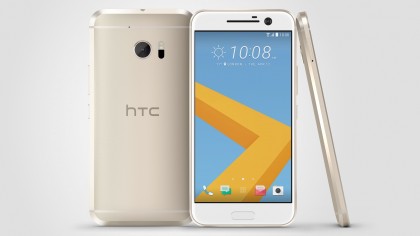
HTC is always a brand that's in the same arena as Samsung, no matter what happens. With a similar spec list - QHD, decent processor and loads of RAM to play with.
It also features adoptable storage, meaning you can plop in a memory card and use it as internal memory - which is a big help when you're worried about running low.
And once again there's the premium HTC design on show - the chamfered edges are 'sculpted by light' so when you put it face down on a table it catches random gleams to get the best out of the visuals.
And the headline feature has to be the audio performance - it's insanely good over headphones, and recording 4K video at a gig is almost professional grade. A sterling performer.
Read: HTC 10 review
LG G5
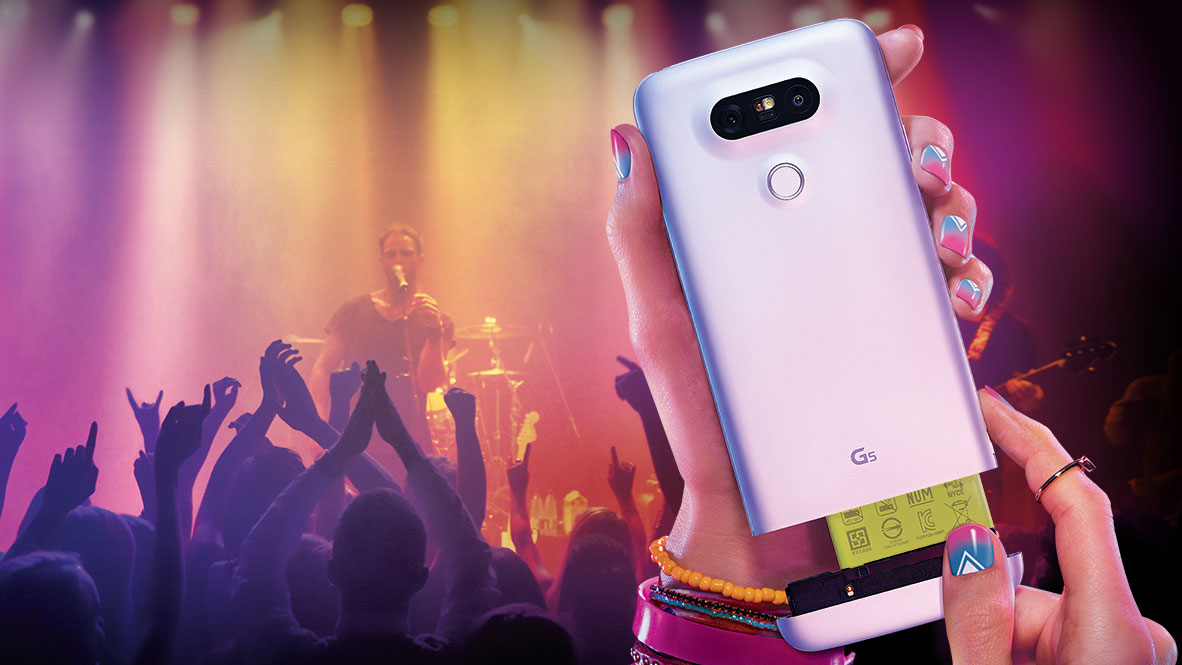
The LG G5 offers up a more revolutionary flagship experience than its rivals, including the Galaxy S7.
While many comparisons can be drawn between the Galaxy S7 and the iPhone 6S, the G5 offers a modular design and a removable battery, increasing the functionality of the device.
Its 5.3-inch display means it's bigger than the S7, but its all-metal body feels more premium in the hand, and on the back it boasts two cameras. These work independently of one another, with one offering 16MP snaps and the other sporting a wide-angle 8MP lens.
The G5 may not ship in as high volumes as the Galaxy S7, and the battery life isn't as good, but its unique appeal still makes it a head-turner.
Read: LG G5 review
Samsung Galaxy S6

At the end of the day the Samsung Galaxy S7 is essentially just an iteration of the Galaxy S6 – it just happens to be a very good iteration.
The Galaxy S6 has now dropped in price even more, and while you don't get a waterproof body or microSD slot, there's still a good camera, dazzling display and a solid amount of power.
Read: Samsung Galaxy S6 review

TechRadar's former Global Managing Editor, John has been a technology journalist for more than a decade, and over the years has built up a vast knowledge of the tech industry. He’s interviewed CEOs from some of the world’s biggest tech firms, visited their HQs, and appeared on live TV and radio, including Sky News, BBC News, BBC World News, Al Jazeera, LBC, and BBC Radio 4.
